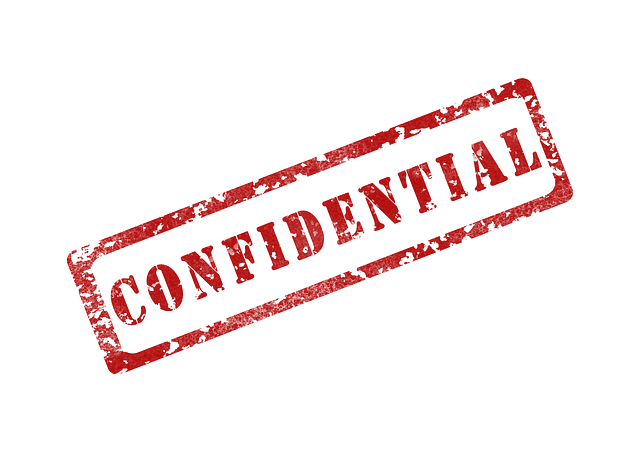In the dynamic real estate sector, maintaining transaction integrity is vital for all stakeholders (buyers, sellers, brokers, investors) due to complexities like property valuations and legal docs, which can lead to ownership authenticity issues, financial vulnerabilities, and fraudulent activities. Mitigating these risks requires accurate due diligence, robust background checks, secure digital platforms, encryption, two-factor authentication, transparent communication, implementer guidelines, data protection regulations, and regular audits, ensuring a safe, equitable environment for legitimate transactions.
In the dynamic realm of real estate, ensuring transaction integrity and fairness is paramount for a robust market. This article delves into the intricate web of potential risks that can compromise deals, from common vulnerabilities like fraud and manipulation to human errors in record-keeping. We explore cutting-edge solutions, such as blockchain technology and smart contracts, to fortify security measures. Additionally, we dissect best practices for data encryption, access control, and audit trails, highlighting the transformative role of secure digital platforms in enhancing transparency. Lastly, we emphasize accountability through legal frameworks, regulatory bodies, and ethical standards, underscoring the collective responsibility of stakeholders in upholding trust within the industry.
Identifying Potential Risks in Real Estate Transactions

In the dynamic world of real estate, ensuring transaction integrity and fairness is paramount for all stakeholders involved—buyers, sellers, brokers, and investors alike. The complexities inherent in these deals, from property valuations to legal documentation, create fertile ground for potential risks. One of the primary challenges lies in verifying the authenticity of property ownership, a critical aspect often susceptible to fraud or errors in record-keeping. Accurate due diligence, including title searches and document verification, becomes essential to uncover any encumbrances or undisclosed claims that could impact future ownership rights.
Additionally, real estate transactions are vulnerable to various financial risks. These include fraudulent activities such as fake offers, money laundering schemes, or unauthorized alterations to property boundaries. Effective risk mitigation strategies involve robust background checks, secure digital platforms for document exchange, and transparent communication channels. By implementing these measures, participants in the real estate market can safeguard their interests, fostering a more secure and equitable environment for all legitimate transactions.
– Discussing common vulnerabilities to transaction integrity and fairness

In the dynamic world of real estate transactions, ensuring integrity and fairness is paramount. Common vulnerabilities often arise from digital platforms, where cybercriminals exploit weaknesses to manipulate deals. For instance, unauthorized access to online marketplaces can lead to falsified listings, misrepresented property conditions, or even identity theft, undermining buyers’ and sellers’ trust. Furthermore, the emergence of remote transactions during the digital era has introduced new risks, such as altered contract terms, manipulated financial records, or fraudulent escrow services.
These issues highlight the need for robust security measures, including end-to-end encryption, two-factor authentication, and regular system audits. Implementer guidelines, data protection regulations, and transparent communication protocols are essential tools to fortify the integrity of real estate transactions. By addressing these vulnerabilities head-on, stakeholders can foster a secure environment conducive to fair market practices.
– Examples of fraud, manipulation, and human error in real estate settings

In the dynamic world of real estate, maintaining transaction integrity and fairness is paramount. Fraud, manipulation, and human error can pose significant threats to both buyers and sellers. For instance, fraudulent activities may include false documentation, such as altered contracts or forged signatures, aimed at deceiving parties involved. Manipulators might exploit outdated listing information or hide material facts about a property’s history to mislead potential purchasers.
Human errors, often unintentional, can arise from rushed processes or inadequate verification. This could result in incorrect property valuations, miscalculations of closing costs, or even the wrong property being transacted. Such issues underscore the importance of meticulous record-keeping, robust due diligence, and transparent communication throughout real estate transactions to safeguard integrity and ensure fairness for all parties involved.






